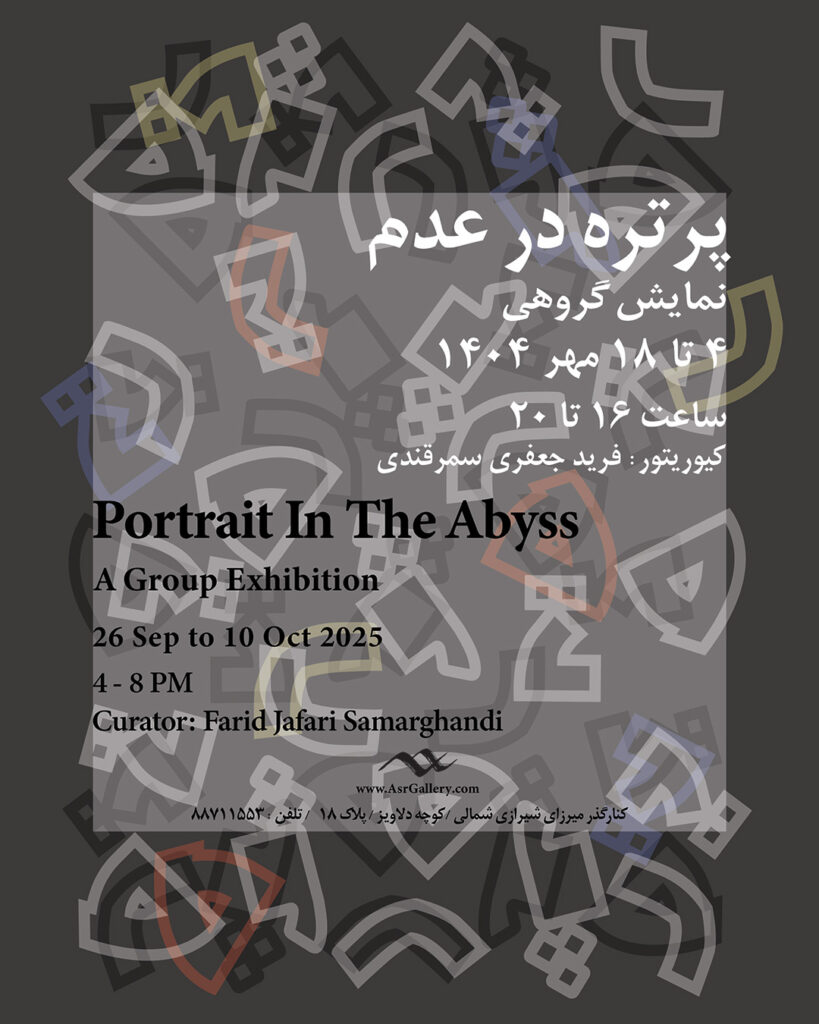Jean Baudrillard believes that in todays world, images and symbols are no longer mere reflections of reality, but have themselves become an independent and even dominant reality. Consequently, portraits and images do not simply reflect identity; they construct and transform it. Thus, the concept of identity and its relationship to the image becomes deeper and more complex, to the point that we can no longer find a clear boundary between reality and the image.
Jacques Derrida, in his analyses of identity and the portrait, also points out that identity is not a fixed and stable concept; it is always in a state of flux and change. He emphasizes that no portrait can fully represent an individuals true identity, as identity is constantly being altered through interaction with others and with circumstances. In this way, from his perspective, portraits are not static images, but rather fluid and shifting signs.
Accordingly, a portrait is not merely a representation of a human face, but an opening to identity, time, place, and media. «Portrait in The Abyss» is an effort to rethink the familiar genre of the portrait, from urban faces captured in alleys to those portraits created with new digital technology. In a world where personal images are proliferating at an unprecedented speed on social media and mass media, it seems that each of us knows the other based on a perception rooted in an image, which may not be entirely real. In this way, the portrait is no longer just a reflection of a face, and while it has become a sign in a social, cultural, and political context, it is progressively being emptied of meaning.
Farid Jafari Samarghandi

